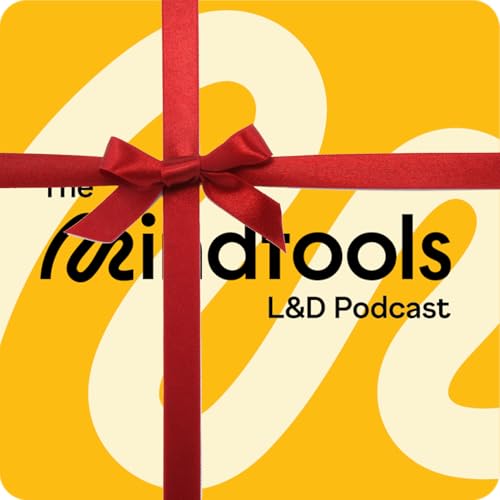How can we help managers demonstrate care for their teams, while maintaining high standards of accountability and performance?
In this week's episode of The Mind Tools L&D Podcast, Ross G and Dr Anna Barnett are joined by Joris Merks-Benjaminsen, Managing Without Power, to discuss:
- why nice managers can still provide mediocre management
- how managers can balance care for their teams with high levels of performance
- and how to build better managers.
For more from Joris, visit managingwithoutpower.com
The paper Anna discussed, on 'nondecision-making', was: Bachrach, P., & Baratz, M. S. (1963). Decisions and nondecisions: An analytical framework. American political science review, 57(3), 632-642.
Google's research into great managers (Project Oxygen) and effective teams (Project Aristotle) is available online.
During the discussion, Joris referenced the prisoner's dilemma.
We also discussed findings from our report, 'Building Better Managers'.
In ‘What I Learned This Week’, Anna recommended Those People Next Door by Kia Abdullah.
Joris discussed Sinterklaas.
Ross G discussed 'sovereign AI'.
For more from us, including access to our back catalogue of podcasts, visit mindtools.com/business. There, you'll also find details of our award-winning performance support toolkit, our off-the-shelf e-learning, and our custom work. And our new Manager Skills Assessment.
You can also email custom@mindtools.com and Ross G will get back to you.
Connect with our speakers
If you'd like to share your thoughts on this episode, connect with us on LinkedIn:
- Ross Garner
- Dr Anna Barnett
- Joris Merks-Benjaminsen
 2025/01/0741 分
2025/01/0741 分 2024/12/1739 分
2024/12/1739 分 47 分
47 分 38 分
38 分 2024/11/2651 分
2024/11/2651 分 40 分
40 分 2024/11/1234 分
2024/11/1234 分 2024/11/0540 分
2024/11/0540 分
